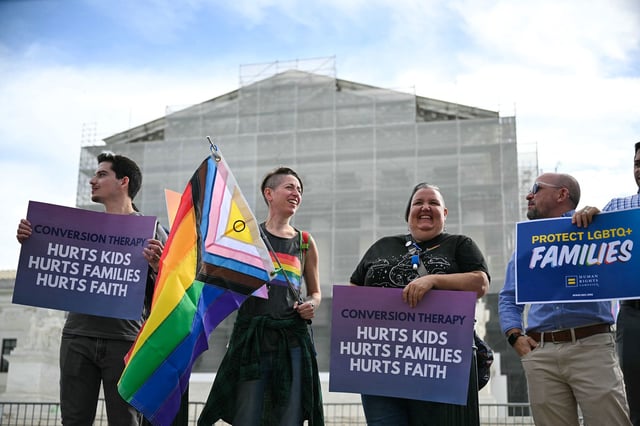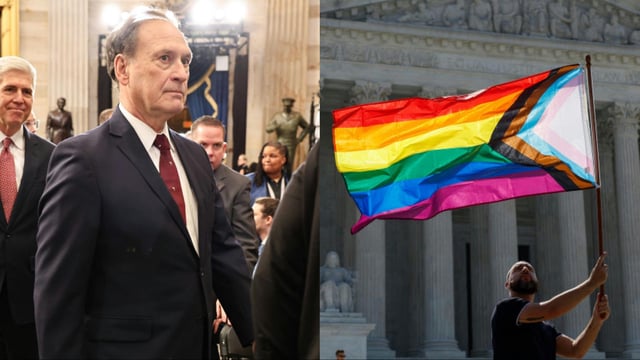Overview
- During oral arguments in Chiles v. Salazar, several conservative justices questioned Colorado’s stance that its 2019 ban regulates conduct, with Chief Justice John Roberts noting that words used in therapy can still be protected speech.
- Plaintiff Kaley Chiles, a Christian licensed counselor represented by Alliance Defending Freedom, argues the law censors voluntary talk therapy and amounts to viewpoint discrimination in violation of the First Amendment.
- Colorado defended the statute as a regulation of substandard treatment for minors, citing broad opposition to conversion therapy from major medical groups; the law carries fines up to $5,000, applies only to licensed providers, exempts unlicensed religious counselors, and has not led to disciplinary actions to date.
- Several justices floated sending the case back for strict-scrutiny analysis, and liberal Justice Ketanji Brown Jackson highlighted the Court’s recent approval of state limits on gender-related medical care to probe how talk therapy should be treated.
- The ruling could affect enforcement of bans in more than 20 states; lower courts upheld Colorado’s law, the Trump administration backed Chiles in briefs, and a decision is expected by June 2026.



